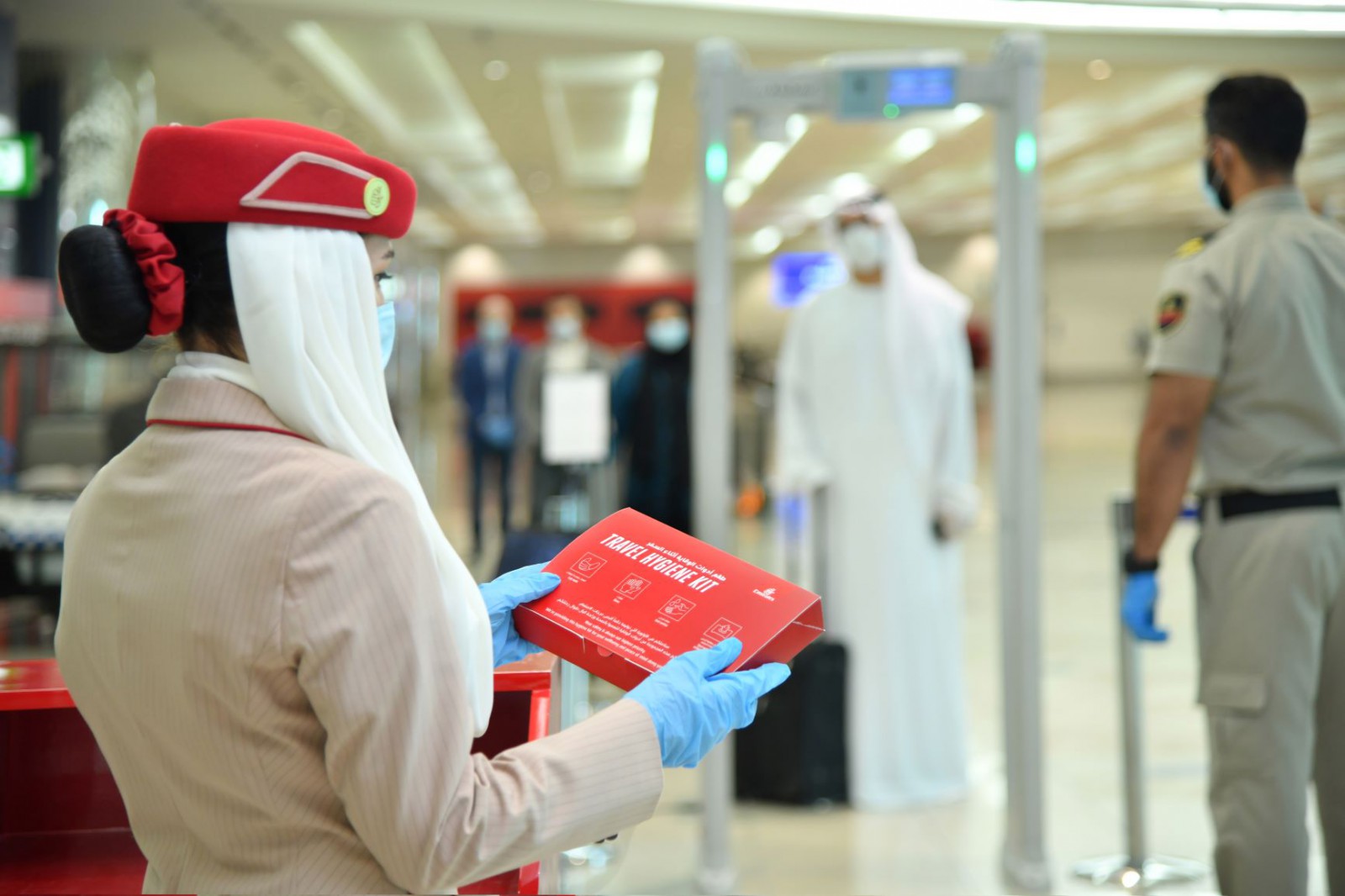Air travelers taking precautions but still concerned
08 July, 2020
3 min read
Airline News

Geoffrey Thomas
By joining our newsletter, you agree to our Privacy Policy


Air travelers are taking precautions to protect themselves but are still wary of travel according to the International Air Transport Association.
IATA has just released public opinion research showing the willingness to travel being tempered by concerns over the risks of catching COVID-19 during air travel.
The survey found that 77 percent are saying that they are washing their hands more frequently, 71 percent avoiding large meetings and 67 percent having worn a facemask in public.
Some 58 percent of those surveyed said that they have avoided air travel, with 33 percent suggesting that they will avoid travel in the future as a continued measure to reduce the risk of catching COVID-19.
The top concerns of air travelers are;
1. Sitting next to someone who might be infected (65 percent)
2.Queuing at check-in/security/border control or boarding (42 per cent)
3.Using airport restrooms/toilet facilities (38 percent)
4.Breathing the air on the plane (37 percent)
Asked what would make them feel safer the respondents said.
1.COVID-19 screening at departure airports (37 percent),
2.Mandatory wearing of facemasks (36 percent)
3.and social distancing measures on aircraft (33 percent).
Almost half of the passengers served said they would be willing to undergoing temperature checks, wear a mask during travel, check-in online to minimize interactions at the airport, take a COVID-19 test prior to travel, and sanitize their seating area.
Alexandre de Juniac, IATA’s Director General and chief executive said: “People are clearly concerned about COVID-19 when traveling. But they are also reassured by the practical measures being introduced by governments and the industry under the Take-off guidance developed by the International Civil Aviation Organization (ICAO).
“These include mask-wearing, the introduction of contactless technology in travel processes, and screening measures. This tells us that we are on the right track to restoring confidence in travel. But it will take time. To have maximum effect, it is critical that governments deploy these measures globally,” said Mr de Juniac.
IATA said that the survey pointed to some key issues in restoring confidence where the industry will need to communicate the facts more effectively.
The key concern is air quality with 57 percent of passengers believing that air quality is dangerous, but 55 percent responding that they understood that it was as clean as the air in a hospital operating theatre.
IATA said that the quality of air in modern aircraft is, in fact, far better than most other enclosed environments. It is exchanged with fresh air every 2-3 minutes, whereas the air in most office buildings is exchanged 2-3 times per hour. Moreover, High-Efficiency Particulate Air (HEPA) filters capture well over 99.999% of germs, including the Coronavirus.
Get the latest news and updates straight to your inbox
No spam, no hassle, no fuss, just airline news direct to you.
By joining our newsletter, you agree to our Privacy Policy
Find us on social media
Comments
No comments yet, be the first to write one.

